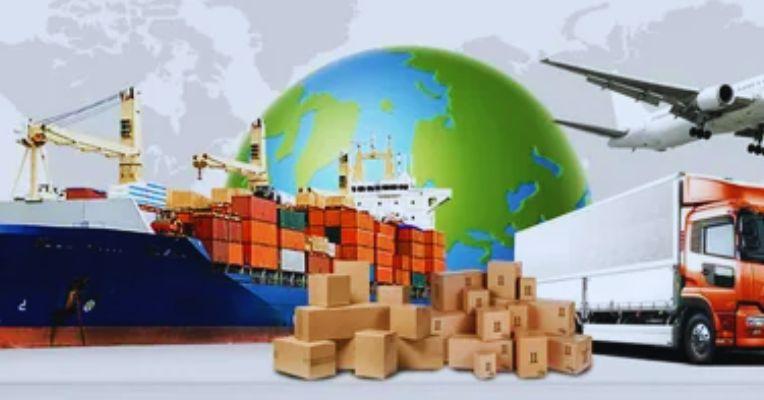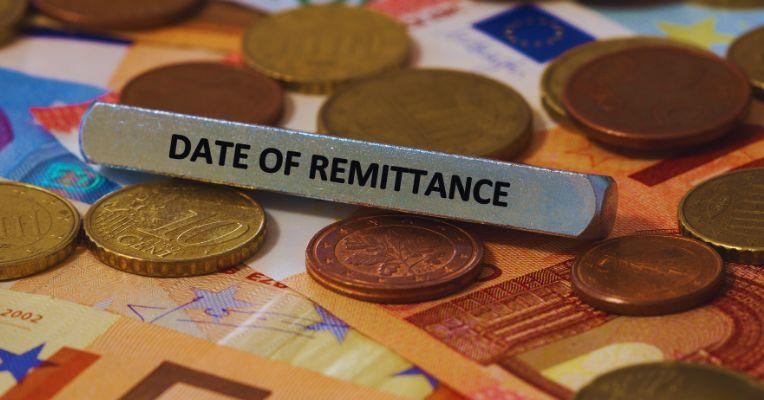Pakistan’s reliance on foreign shipping companies has been a heavy burden on the country’s economy. According to recent reports, Pakistan spends an estimated $6-8 billion annually on freight charges due to this dependence. The country’s sole national shipping line, the Pakistan National Shipping Corporation (PNSC), lacks a single cargo container ship, exacerbating the financial strain.
This dependence has added pressure on the country’s foreign exchange reserves, compounding its economic challenges. As a result, authorities are focusing on revitalizing local shipbuilding to address these issues and modernize the maritime sector.
Revival of Local Shipbuilding: A Strategic Move
The Task Force on Maritime Sector Revamping
To reduce reliance on foreign vessels, the Defence Ministry has revived a significant project aimed at strengthening Pakistan’s maritime capabilities. The Task Force on the Revamping of the Maritime Sector has been instrumental in guiding this effort.
Sources from the Defence Ministry have revealed that PNSC had planned to build Pakistan’s first 1,120 Twenty-Foot Equivalent Unit (TEU) container ship at the Karachi Shipyard. The project, initially estimated at Rs24 billion, is significantly more affordable than the Rs32 billion cost of a comparable foreign-built vessel.
Delays and Economic Setbacks
Project Suspension and Revenue Losses
Despite its potential, the shipbuilding project was suspended a year ago, causing significant delays in Pakistan’s efforts to shift towards domestic shipbuilding. This delay has led to revenue losses and increased operational costs. However, the project has now been revived, and authorities view it as a key step toward strengthening the country’s maritime sector.
Challenges in the Ship-Breaking Industry
Decline of Gadani Shipyard
Pakistan’s ship-breaking industry, once a thriving sector, has faced serious decline. The Gadani Ship-breaking Yard, which was once the third-largest in the world in the 1980s, now generates only Rs0.3 billion annually.
The decline is attributed to outdated infrastructure, weak connectivity, and non-compliance with international regulations like the Hong Kong Convention (HKC). Meanwhile, countries like India and Bangladesh have modernized their ship-breaking industries, with 90 and six HKC-compliant yards, respectively.
Urgent Reforms Needed in the Ship-Breaking Industry
Preparing for HKC Implementation
The Hong Kong Convention (HKC), set to take effect in July 2025, requires compliance with environmental and safety standards in ship-breaking. Experts warn that Pakistan risks losing the remaining ship-breaking business unless urgent upgrades are made.
Efforts are now focused on modernizing the Gadani shipyard through foreign investment and regulatory reforms. In addition, new shipyards are being planned at Port Qasim and Gwadar, with collaboration from international firms, to further boost the maritime sector.
Coastal Trade and Local Shipping Operations
Supporting Local Shipping with Regulatory Changes
To promote local shipping operations, the government is considering classifying inter-port cargo movement as ‘Coastal Trade’. This move aims to reduce inland transport costs and strengthen Pakistan’s maritime infrastructure.
Economic Potential of Pakistan’s Maritime Sector
Boosting Employment and Reducing Freight Costs
The maritime sector holds significant economic potential for Pakistan. Shipbuilding is a labor-intensive industry that could generate substantial employment opportunities. Moreover, establishing a national container fleet could reduce freight costs, which currently contribute to foreign exchange outflows.
By upgrading the Gadani shipyard and establishing new shipyards, Pakistan could position itself as a regional maritime hub, attracting foreign investment and boosting revenues.





